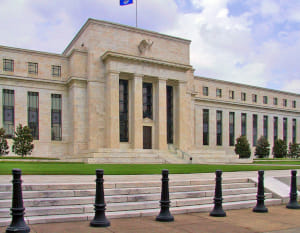This paper was published in the Journal Of New Finance.
Increasing Taxes or Spending Cuts: What Is More Effective for Fiscal Consolidation?

Dr. Daniel Lacalle, Author of “Freedom or Equality”, “Escape from the Central Bank Trap”, “The Energy World Is Flat” and “Life in The Financial Markets”.
Assistant Research: Daniel Rodríguez Asensio
Keywords: Taxation, Tax Competition, Global Economy, Keynesian Model, Tax Policy, Aggregate Demand, Aggregate Supply, Fiscal Policy, Monetary Stimulus, Central Banks, Government, Crisis, Recovery, Demand-Side, Supply-Side.
JEL Classification: E12, F15, F41, H21, H87, E52, E58, H68, H25, H30, H51
Continue reading Paper: Increasing Taxes or Spending Cuts: What Is More Effective for Fiscal Consolidation?
